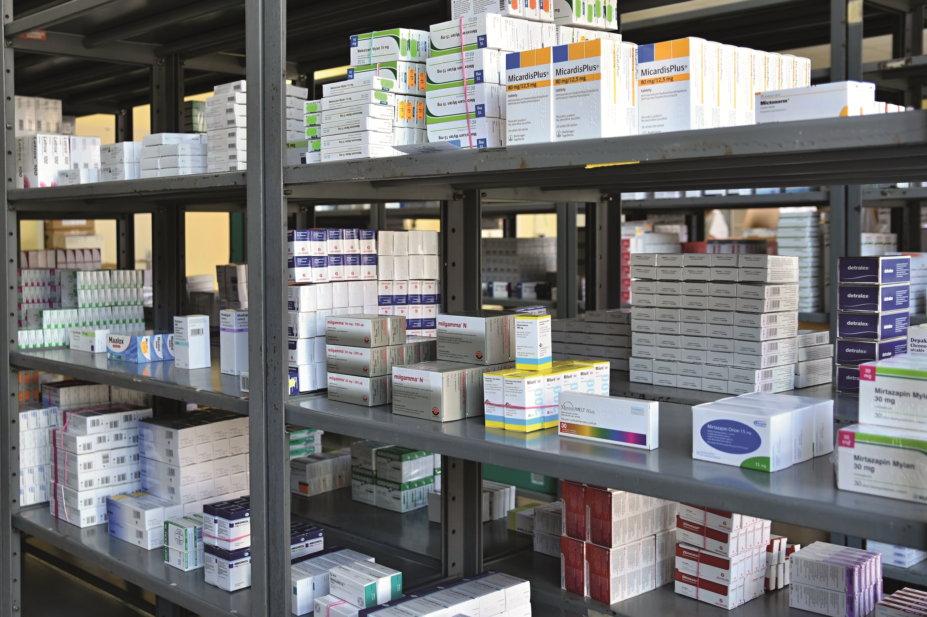
Shutterstock.com
The body representing much of the UK healthcare and medical establishment has warned that supplies of medicines to patients could be disrupted when the UK leaves the EU, and called on negotiators to put patients first.
In a briefing paper published on 29 January 2018, the Brexit Health Alliance voiced concerns that unless a Brexit deal was reached, medicines and medical technologies could be delayed or even become unavailable to patients.
Brexit Health Alliance members include the NHS Confederation, the Academy of Medical Royal Colleges, the Bioindustry Association and NHS Providers, and in its paper ‘Brexit and the impact on patient access to medicines and medical technologies’, the Alliance claimed that 120,000 prostate cancer patients throughout Europe could be affected if Brexit negotiations ended in a ‘no deal’ scenario.
It said that prostate cancer medicine was made in “a highly sophisticated process in the UK”, was used in 80 countries including those across Europe, and was one of many medicines that risked supply disruption if there was no Brexit deal.
The future of research into new medicines and medical technologies could also be affected, the Alliance warned. It said around 750 UK-led clinical trials involving multiple EU member states could be at risk if there was no plan on how to approve and manage these multi-national trials with European partners after March 2019.
Alliance co-chair, and NHS Confederation chief executive, Niall Dickson, said it was “critical” that UK and EU patients did not lose out on the best treatments and medical devices as the UK leaves the EU.
“We want to make sure that patients continue to benefit from early access to new health technologies and cutting-edge medicines, and that includes being able to take part in international clinical trials,” he said.
“This can be achieved if will is there — what patients need is maximum co-operation and alignment between the EU and the UK on the regulation of medicines and medical devices and we very much welcome the UK Government’s commitment to close collaboration with our European partners.”
Claire Thompson, deputy chief scientist, Royal Pharmaceutical Society, said the Brexit Healthcare Alliance was “right to highlight some of the challenges around supporting UK research and development, avoiding the burden of additional regulation, and ensuring continued participation in clinical trials”.
“Despite reassurances from the government on the direction of travel, ahead of any final deal being agreed, there is still significant uncertainty across the health and life sciences sector as to the impact of Brexit,” she said.
“It is vital that patients do not either lose access or have delayed access to treatments.”
The Alliance’s paper follows a warning from UK drug distributors and those involved in the parallel importing of drugs in December 2017 to members of the House of Commons Health Select Committee that medicines could become more difficult to import into the UK post-Brexit.


